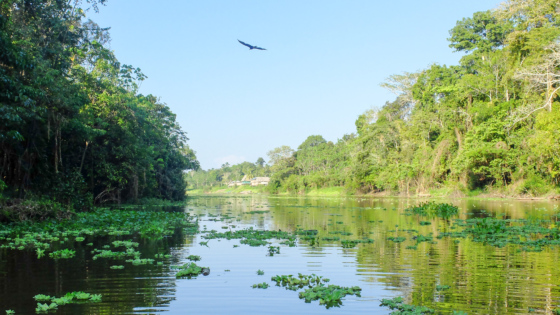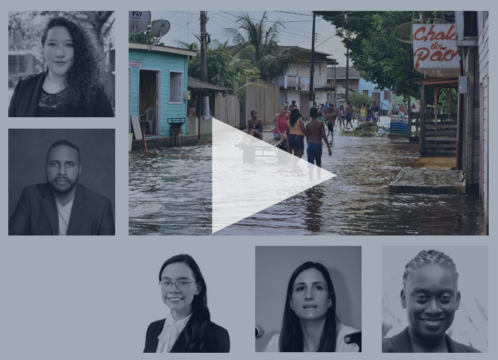
A Roadmap to Unlock New Climate Finance in LAC
To explore the innovative tools key to materializing these financial flows, Inter-American Dialogue hosted the online event “Unlocking Climate Finance in Latin America and the Caribbean” on May 8, 2023.
To explore the innovative tools key to materializing these financial flows, Inter-American Dialogue hosted the online event “Unlocking Climate Finance in Latin America and the Caribbean” on May 8, 2023.
On June 14, 2022, the Inter-American Dialogue hosted a webinar presenting the main findings of its Task Force on Climate Change in the Northern Triangle.
Rural subsistence farmers, ethnic communities, women, and young people are disproportionately affected by climate change in the Northern Triangle, according to a report by the Inter-American Dialogue, which focuses on adaptation in the region with an emphasis on climate justice and mitigating the impacts on vulnerable communities.
The countries of Central America’s Northern Triangle—El Salvador, Guatemala, and Honduras—are especially vulnerable to the severe and worsening impacts of climate change. This policy brief, the first in a series of three publications, describes the main challenges and provides broad recommendations for the US strategy on climate change adaptation in the region. It is based on inputs from the Task Force on Climate Change in the Northern Triangle, coordinated by the Inter-American Dialogue.
Across the Latin American region, state governments are pursuing climate adaptation plans to stymie the pronounced impacts of climate change. In an interview with CGTV’s The Heat, Lisa Viscidi discusses current impacts of climate change on migration, economies and natural resources in the region. With COP 26 around the corner, questions of climate finance and international cooperation take on a new urgency.
On June 14, the Atlantic Council and the Energy Futures Initiative held a webinar on the role of natural gas in the transition to zero-carbon energy systems. Lisa Viscidi, director of the Energy, Climate Change & Extractive Industries Program at the Dialogue, spoke about financing natural gas infrastructure in Latin America.
Companies are increasingly under pressure from the public and regulators to both disclose and improve environment, social, and governance (ESG) metrics. Such regulations in Europe and the United States will nudge investors toward low emissions projects. All this capital has to be put somewhere, and Latin America and other emerging markets are well positioned to become big recipients of these increased climate-focused flows.
Though the COP21 negotiations promise to be complex, they also present an opportunity for the region to address existing vulnerabilities.
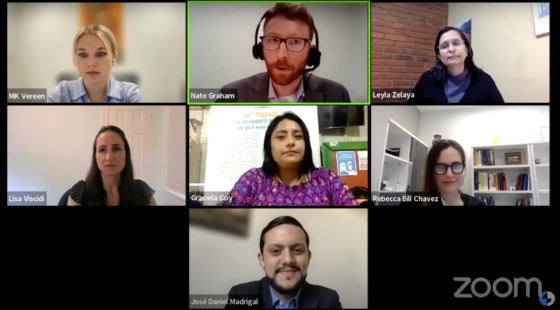 Video
Video
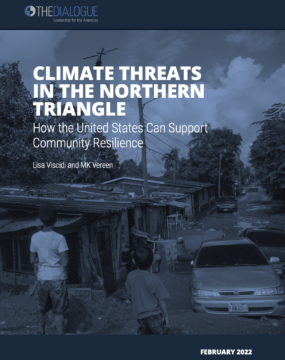
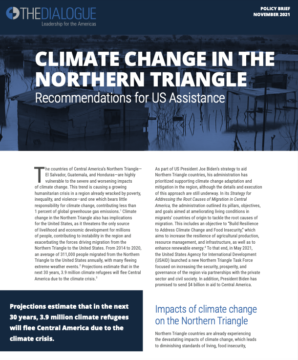
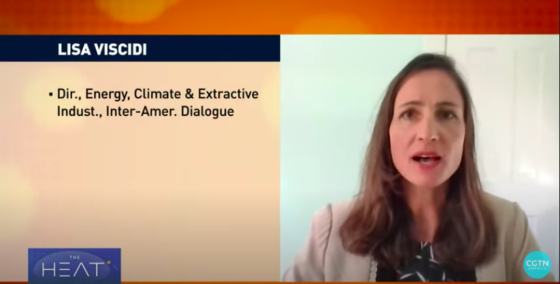 Video
Video
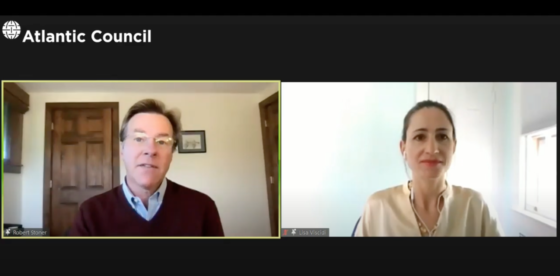 Video
Video
